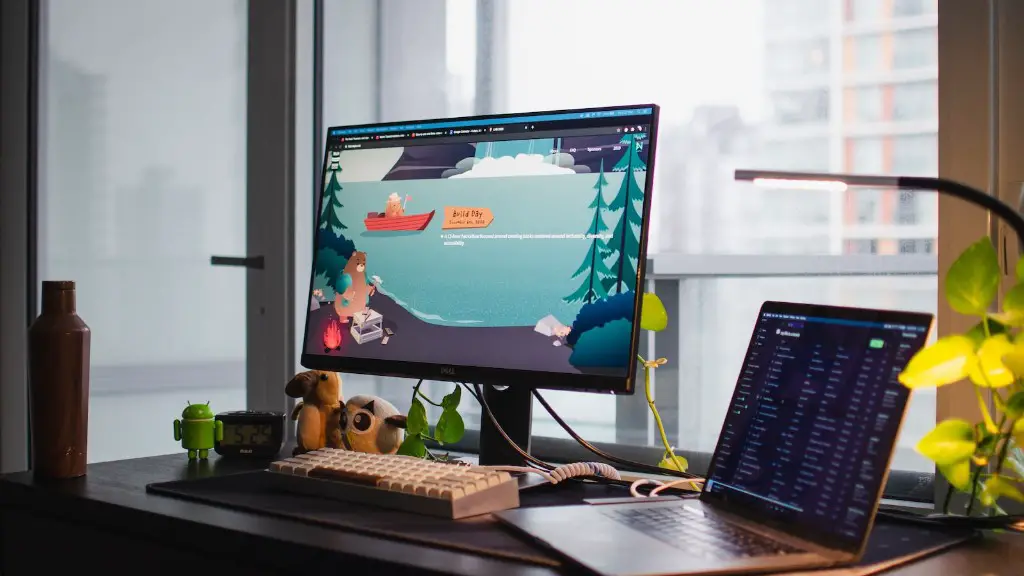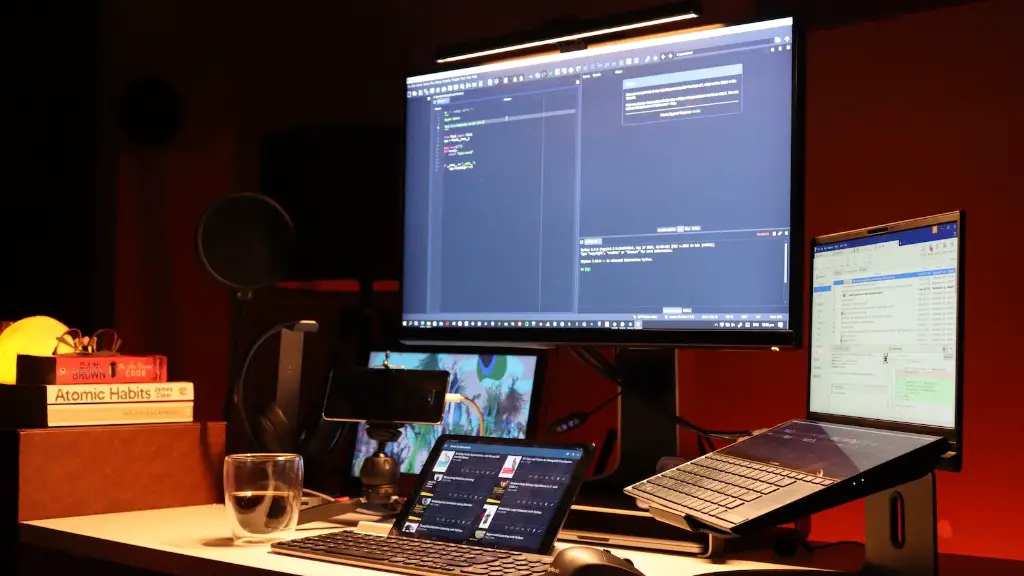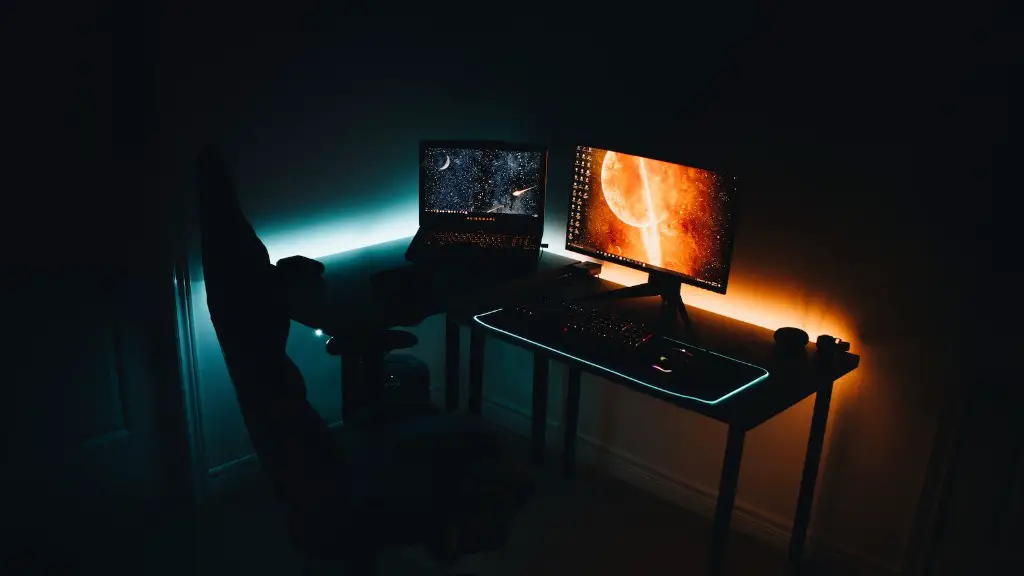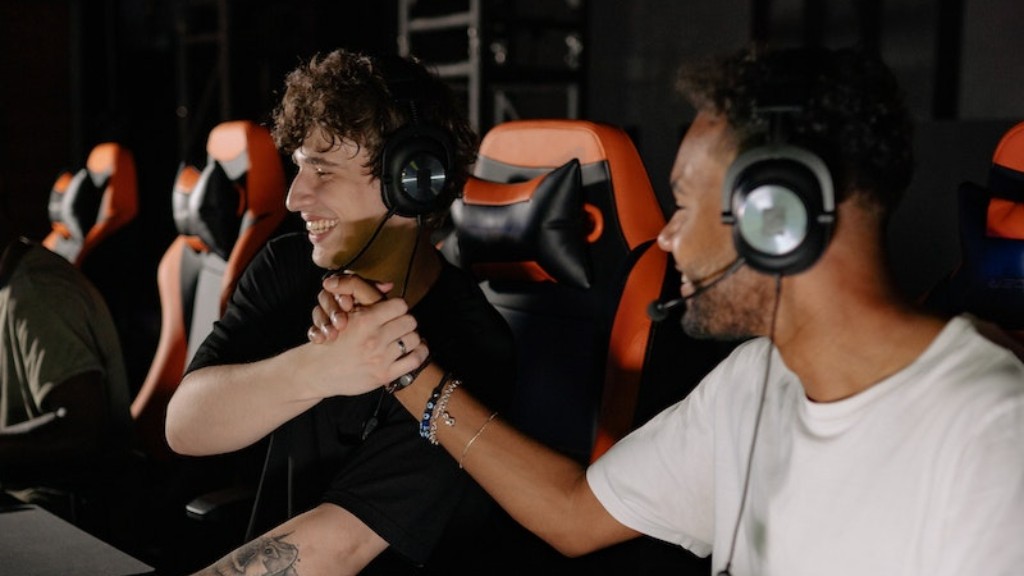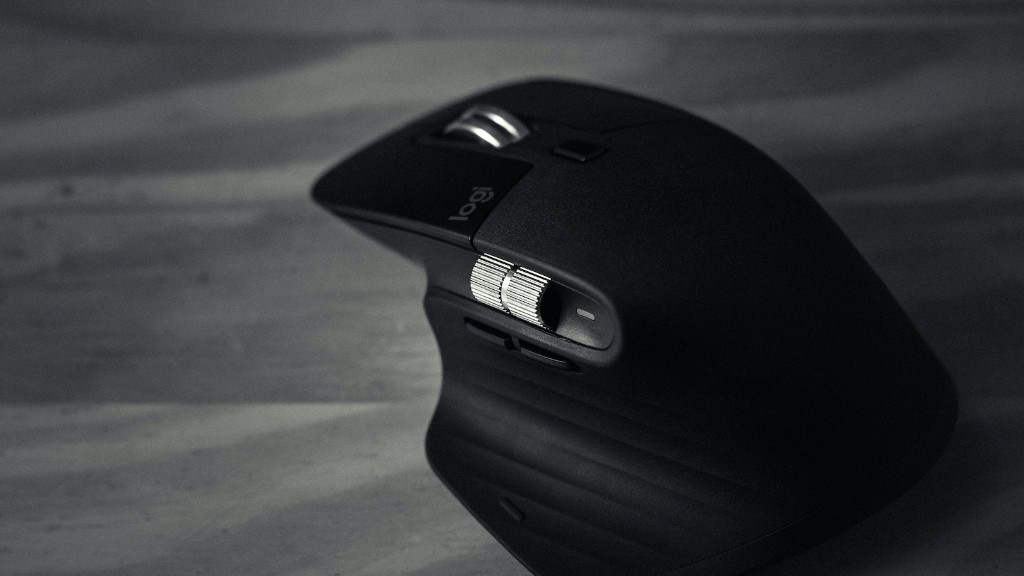Starting to build a gaming PC can seem daunting, but it doesn’t have to be! You can do it, and we’ll show you how. Just follow these simple steps and you’ll be on your way to PC gaming glory.
Building a gaming PC can be a daunting task, especially if you’re a first-time builder. However, with a little research and planning, it can be a relatively easy and rewarding experience. Here are a few tips to get you started:
1. Decide what you need and want. Before you start buying parts, you need to have a good idea of what you need and want from your gaming PC. Do some research online and read reviews to get an idea of what components will best suit your needs.
2. Set a budget. Once you know what you need, you need to set a budget. Gaming PCs can be expensive, so it’s important to set a realistic budget before you start shopping.
3. Start shopping for parts. Once you have a budget in mind, you can start shopping for individual parts. It’s important to compare prices and read reviews to ensure you’re getting the best value for your money.
4. Assemble the PC. Once you have all your parts, it’s time to put it all together. This can be the most challenging part, but there are plenty of resources available online to help you through the process.
5. Install your operating system and games. Once your
Is it cheaper to build your own gaming computer?
Building your own PC can save you a lot of money in the long run, especially if you are on a budget. By choosing your own parts, you can shop around to find the best prices and avoid the added cost of paying for expensive parts that you don’t need.
Building a gaming PC can be a fun and rewarding experience, but it can also be a bit daunting if you’re not sure where to start. In addition to your case, here are the components you need to build a gaming PC:
Central Processing Unit (CPU): The CPU is the heart of your gaming PC, and it needs to be powerful enough to handle the most demanding games.
Graphics Processing Unit (GPU): The GPU is responsible for rendering graphics, and it needs to be powerful enough to handle the most demanding games.
Motherboard: The motherboard is the backbone of your gaming PC, and it needs to be able to support all of the other components.
Memory (RAM): RAM is responsible for storing data and programs, and it needs to be fast enough to keep up with the demands of gaming.
Storage: Storage is responsible for storing your games and other data, and it needs to be large enough to accommodate all of your data.
Power Supply Unit (PSU): The PSU provides power to all of the other components, and it needs to be powerful enough to handle the demands of gaming.
System cooling: Gaming PCs generate a lot of heat, and it’s important to have a good cooling
How much does it cost to build a gaming PC
A budget of $1000 to $2000 will allow you to include some extras in your build that you may not have been able to otherwise. These can include items like WiFi, a built-in IO shield, USB C, and more. On the high end, you can expect to spend more than $2000. This will give you a rig that is sure to impress and perform well.
Building a PC from scratch is a great way to get a custom computer that is tailored to your specific needs. The process is not as difficult as you might think, and as long as you are careful with your components and take the proper safety precautions, even beginners can make a PC that rivals the best desktop computers. The most important thing to remember when building a PC is to be careful with your components and to follow the instructions carefully. With a little bit of care and attention, you can easily build a great PC that will serve you well for years to come.
How much RAM do I need for gaming?
Most games will run fine with 8GB of RAM, but 16GB is the recommended amount for optimal performance. This will allow you to run applications in the background without affecting gameplay.
PC gaming is a great way to get the best gaming experience. With budget or high-end components, you can enjoy amazing graphics and performance. Free online play, mods, and other great features make it worth the investment.
Is it better to buy or build your first PC?
Building a PC will actually save you money in the long run, because you will likely not need to replace or repair components as often as with a pre-built PC. Easier to Fix When a component fails inside a PC you built, it is easier to identify because you are more familiar with each part.
Building a computer is surprisingly easy! You’ll only need a few tools, a good level of understanding of the parts, and the ability to follow some simple instructions. If you can build ready-to-assemble furniture, you’ll be able to build your own PC!
What type of CPU is best for gaming
The Intel Core i5-12600K is the best gaming CPU you can get right now. It has a base clock speed of 36GHz, but allows you to boost it to 49GHz for even faster performance. It also has integrated graphics so you don’t need to invest in an expensive, dedicated GPU to play less graphically intensive games.
Adding more RAM to your computer should never cause any problems, and in many cases can actually improve your overall performance, including in gaming. More RAM simply provides your system with more memory to work with, which can help to improve game performance by reducing loading times and improving in-game FPS. So, if you’re looking to improve your gaming experience, upgrading to 32GB of RAM could be a great option!
Is it cheaper to build a PC in 2023?
In most cases, building your own PC has been cheaper than buying a prebuilt gaming PC with similar hardware. However, you can sometimes find prebuilt PCs on sale at prices that may be cheaper than what it would cost to build that same system. In general, you can expect to save money by building your own PC in 2023.
It’s amazing what you can get for $500 these days. This build is proof that even on a tight budget, you can put together a very capable gaming PC. It’s also worth noting that, with a few upgrades, this build could easily be transformed into an even more powerful rig. So, if you’re looking for a cheap gaming PC that can still handle the latest games, this build is definitely worth considering.
What percent of gamers build their own PC
Most dedicated PC gamers use a desktop as their main PC. Just under a third built their own main computer, slightly more than the 30% who bought theirs pre-built. This is because desktops offer more power and customization options than laptops.
It can take a beginner several hours to build a gaming PC, depending on the specific build and the person’s experience level. This doesn’t include time for preparation or troubleshooting, though. With some practice, most people can build a gaming PC in a few hours.
Is it better to build a gaming PC or buy a gaming PC?
Building your own PC is the best way to get full control over your machine. You can pick and choose every individual component, from the CPU to the fans and lighting. This way, you can always be sure you have the exact hardware you need for your needs.
For gamers, 64GB is certainly overkill. 16GB will be fine for new title releases in the near future. It’s what else is on your PC hoovering up the memory that might require it. Browsers can eat up several gigs, particularly if you have a bunch of tabs open and extensions loaded. So, if you’re a gamer and don’t do much else with your PC, you can probably get away with 16GB of RAM.
Final Words
Building a gaming PC is a great way to get the most out of your gaming experience. There are a few things you need to know before you start, though. Here’s a quick guide to get you started.
1. You’ll need a few things to get started. A motherboard, CPU, RAM, graphics card, power supply, and storage are the minimum components you’ll need. You’ll also need a case to put everything in.
2. Once you have all of your components, it’s time to start putting everything together. Start with the motherboard. It should be the biggest piece in your case.
3. Next, install the CPU. Make sure it’s properly seated in the socket and that all the pins are lined up correctly.
4. After the CPU, it’s time to install the RAM. Again, make sure it’s properly seated and that the latches are in the correct position.
5. Now it’s time to install the graphics card. Just slot it into the PCI-E slot and secure it with screws.
6. The power supply goes in next. Just screw it into place and connect all the necessary cables.
7. The last component is the storage.
Building a gaming PC can be a daunting task, but with a little research and some careful planning, it can be a fun and rewarding experience. There are a few things you need to keep in mind when choosing the parts for your build, but with a little help, you can put together a great gaming PC that will let you enjoy your games for years to come.
